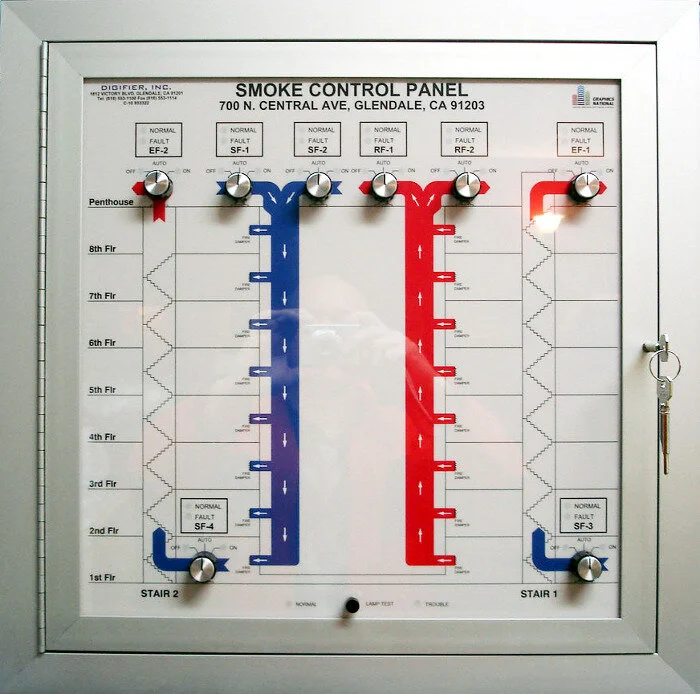
National Life Safety Group - News
Ontario's first accredited Fire Safety Certification program launches
National Life Safety Group (NLSG), a trusted leader in providing Fire, Safety & Emergency Management solutions, is delighted to announce the launch of its new "Implementing Fire Safety Plans in Residential Buildings" training program, which recently received accreditation from the Institution of Fire Engineers (IFE) Canada Branch.
BGO Operations and Security teams at 55 University receive accredited training - Meeting the Ontario Fire Code.
Under the leadership of Deb Beurling, Senior Director, Property Management, the property operations and security teams at 55 University Avenue in Toronto, recently completed National Life Safety Group’s industry leading training program; “Implementing the Fire Safety Plan”.
Addressing Risk - Common questions - after the residential building fire.
Cornwall, Ontario Fire Services has laid 12 charges against landlords of a multi-unit residence where there were deficient smoke and carbon monoxide alarms during a fire on July 27 / 23.
“Valve Tag Charts” A vital component to your building’s Emergency Management Plan
Having a readily available valve tag chart as part of a building's management toolkit represents a pragmatic and strategic investment. It not only safeguards against the financial repercussions of leaks and floods but also supports a more efficient, responsive, and cost-effective approach to building maintenance, aligning with the broader goal of optimizing operational expenditures while ensuring the safety and functionality of your building.
"Protecting Your Condominium Community: The Importance of an Active Risk Management Program
In this blog, we will discuss why condominium communities should have an active risk management program and emphasize the importance of having documentation to prove compliance and defend against potential losses or claims.
Power Failures in High-Rise Condominiums
As with all incidents impacting a high-rise building’s operations requiring a response, lessons learned are identified after the incident, to ensure that the next incident impacts us all - less. This is the very foundation of having an “active” risk management program required by building Owners. The following is a brief list of lessons learned, best practices and tips to ensure your high-rise building is ready for the next power failure.
Condo Residents; the often overlooked partner in your building’s fire safety plan.
A recent Condo fire in Saskatoon, with damages over 5 Million dollars , reveals numerous immediate lessons learned for Condo’s across Canada.
The majority of these lessons learned seem to focus on resident actions, or in actions. Fire Safety is a team approach and your fire safety plan, written just for your condo, must include the roles and responsibilities of all parties in the building. Failing to engage the residents means a part of your fire safety team – is not aware of their roles and responsibilities.
Fire Prevention Week 2021 What does it mean for Condo Boards & Property Managers in Ontario.
Fire Prevention Week 2021 ! What does this mean for Condominiums in Ontario?




















